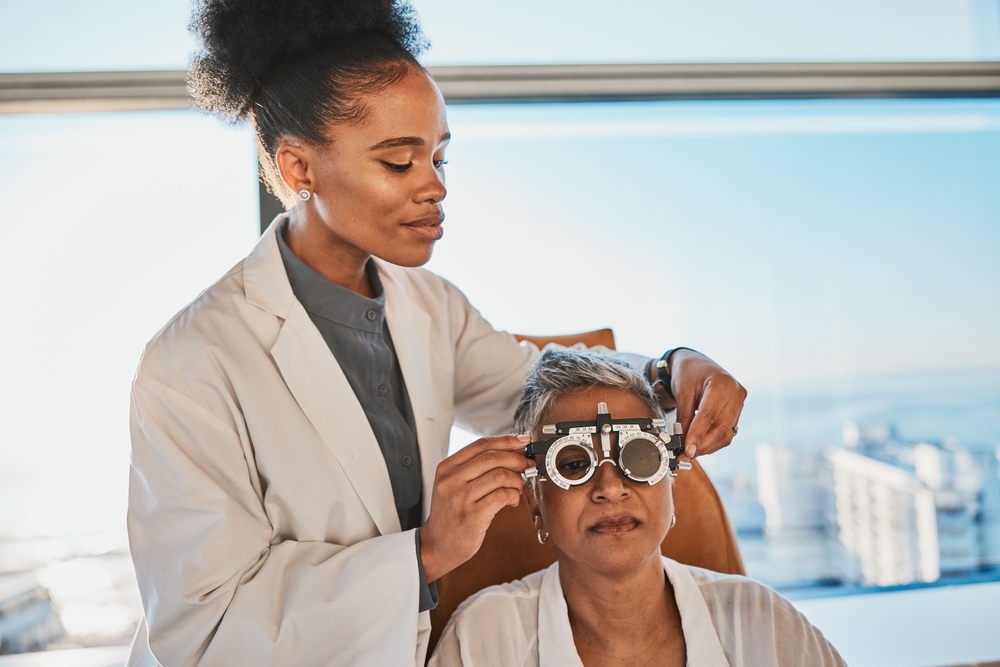
Regular comprehensive eye exams are a crucial aspect of maintaining good eye health. These exams go beyond just testing your visual acuity; they provide a thorough evaluation of your overall eye health and can detect a wide range of eye conditions.
Why Regular Comprehensive Eye Exams are Important
Regular comprehensive eye exams are essential for several reasons. Firstly, they allow optometrists to assess your visual acuity and determine if you require corrective lenses, such as glasses or contact lenses. By addressing any refractive errors, you can improve your overall vision and ensure that you are seeing the world clearly.
Comprehensive eye exams can detect potential eye conditions early on, even before you experience noticeable symptoms. Many eye conditions, such as glaucoma and macular degeneration, develop gradually and may not present obvious warning signs until they have progressed significantly. By catching these conditions in their early stages, you can receive timely treatment and prevent further vision loss.
Regular comprehensive eye exams are particularly important if you have a family history of eye conditions or if you have certain risk factors, such as diabetes or high blood pressure. These exams allow optometrists to closely monitor your eye health and detect any potential issues before they become more serious.
What to Expect During a Comprehensive Eye Exam
During a comprehensive eye exam, your optometrist will perform a series of tests to evaluate your overall eye health. These tests may include a visual acuity test, where you read letters on a chart to determine how well you can see at various distances. They may also measure the pressure within your eyes using a tonometer to screen for glaucoma.
Additionally, your eye care professional may dilate your pupils using eye drops to get a better view of the inside of your eyes. This allows them to examine the retina, optic nerve, and blood vessels for any abnormalities. While your pupils are dilated, you may experience temporary sensitivity to light and blurry vision, so it is advisable to bring a pair of sunglasses to your appointment.
Other tests involved in a comprehensive eye exam may include a visual field test to assess your peripheral vision, a color vision test to determine if you have any color vision deficiencies, and a slit-lamp examination to examine the structures of the front of your eyes in detail. Your eye doctor may also ask about your medical history, family history of eye conditions, and any symptoms you may be experiencing.
Common Eye Conditions Detected during Comprehensive Eye Exams
Comprehensive eye exams play a crucial role in detecting various eye conditions. One common eye condition that can be detected during these exams is glaucoma. Glaucoma is often referred to as the "silent thief of sight" because it usually has no symptoms until it has caused significant vision loss. During a comprehensive eye exam, your eye care professional can measure the pressure within your eyes and examine the optic nerve for signs of damage, helping to diagnose and manage glaucoma in its early stages.
Another eye condition that can be detected through comprehensive eye exams is macular degeneration. This condition affects the macula, the part of the retina responsible for central vision. By carefully examining the macula and monitoring any changes over time, your eye care professional can identify early signs of macular degeneration and provide appropriate treatment to slow its progression.
Cataracts, a common eye condition that causes clouding of the lens, can also be detected during a comprehensive eye exam. By examining the lens and assessing your visual acuity, your eye care professional can determine if cataracts are present and if they are affecting your vision significantly. If necessary, they can refer you to a specialist for cataract surgery.
Ensuring Optimal Vision and Eye Health
Regular comprehensive eye exams are vital for maintaining good eye health and detecting eye conditions early on. By undergoing these exams, you can ensure that your vision is optimal and detect any potential issues before they progress. Remember to schedule regular appointments with your eye care professional and follow their recommendations for ongoing eye care. By prioritizing your eye health, you can enjoy clear vision and prevent future vision problems.
Schedule a comprehensive eye exam today to ensure optimal vision and eye health, visit Eyes of East Sacramento at our office in Sacramento, California. Call (916) 246-8111 to book an appointment today.










